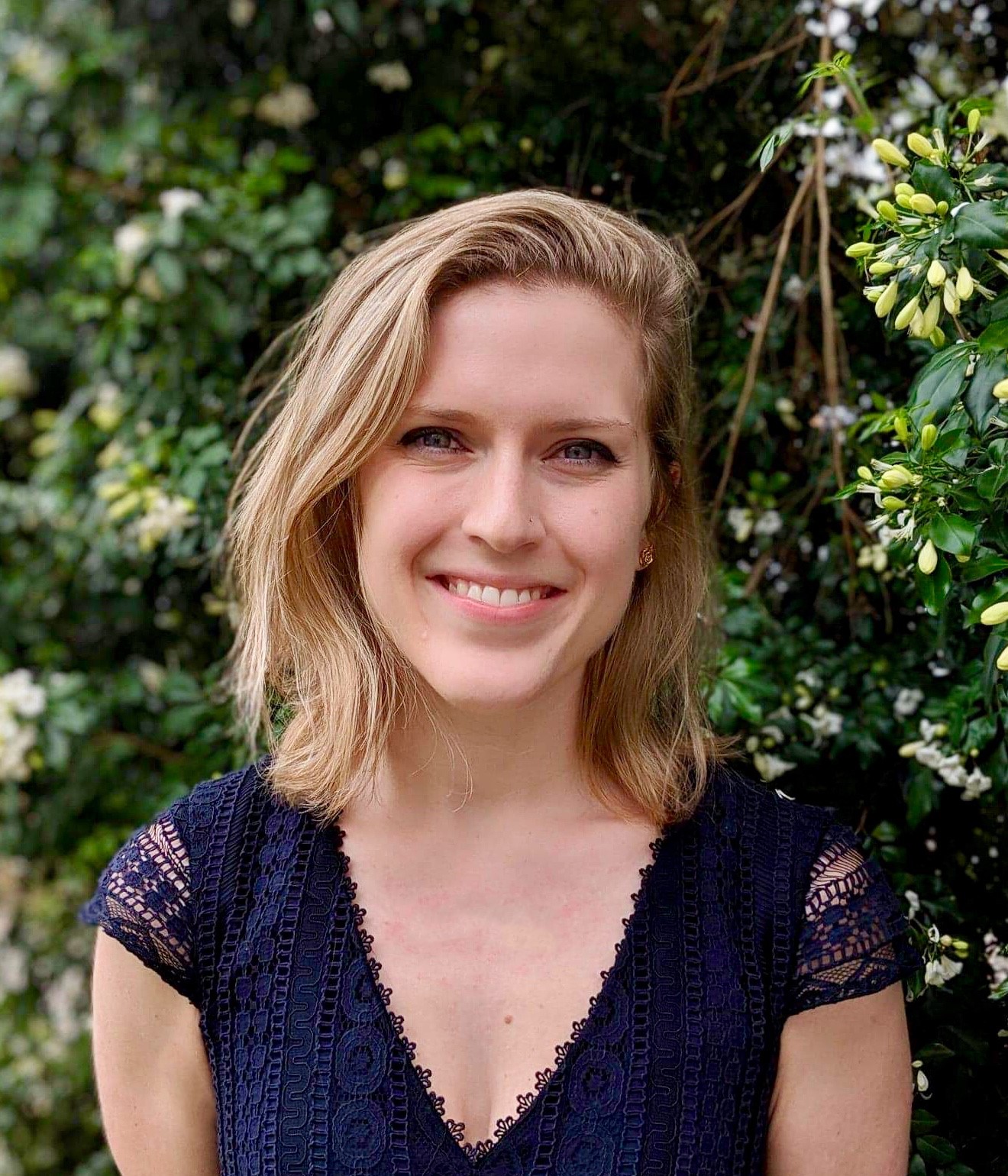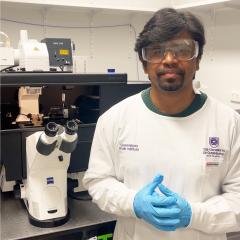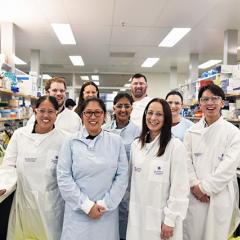
My decision to pursue research was almost accidental. Like many teenagers who do well in science at school, I felt pushed towards a career in medicine. But during my undergraduate degree I realised that, while I desperately wanted to learn more about biology and medicine, I would not enjoy a career as a medical doctor. Having never tried my hand at research, I applied for a Master of Neuroscience at UQ to buy some time to figure out what I wanted to do. Fortunately, I fell in love with the subject, fascinated with the question of how a single fertilized cell could develop into a brain capable of thought, speech, art, love and self-awareness.
I grew up in Brisbane and completed all my degrees and training at UQ. I have at times considered moving away but, as my career progresses, I have come to appreciate the community and facilities that the University provides.
My current role is as a group leader within UQ’s School of Biomedical Sciences, with an affiliate position at the Queensland Brain Institute. My research focuses on the development, plasticity and evolution of the brain’s cerebral cortex, working to understand how premature birth influences the development of the brin and the role of oxygen in this process. The hope is that by better understanding the complex interactions between the timing of different oxygen levels and brain exposure, can inform how premature babies are treated to help their brains grow to their full potential.
What no one tells you about a career in scientific research, is that for every success there are many more failures and rejections. Whether that’s grant applications, paper submissions or experiments. Some of these are difficult to face, but I’m fortunate to have a great support network from family, friends, mentors and colleagues, who have helped me to see that failure is part of the process, and it happens to everyone.
It’s not just the research aspect of my career that I’ve found fulfilling. One of my proudest moments was watching the first PhD student I supervised graduate. We learned so much together during those years and watching her grow into an accomplished and talented scientist was an absolute joy.
I am a strong advocate for equity, diversity and inclusion in science, and believe that young scientists should be exposed to successful researchers from all walks of life. With limited representation and mentorship, it can feel like there is only one path to success, which for many might be unattainable. In reality, everyone takes their own path to success. The more we share diverse stories, the more likely emerging scientists are to recognise a path to success that they feel is possible for them.
My advice to anyone looking to pursue a research career is that the average person changes career seven times during their lifetime. Thinking of this can help to relieve the pressure from hyper-focusing on any one ambition. The most important thing is to try to keep going along a career path as long as you enjoy it, but to be open to change if it stops making you happy. I truly believe that the best work, including scientific research, comes from happy people, and that bettering yourself through challenges should not be synonymous with suffering.
Looking forward in my career, I hope to make significant discoveries that help us to better understand how our brains came to be. While this question is somewhat philosophical, I believe it can also help society in practical ways, such as by improving understanding and treatment of neurodevelopmental disorders. I also hope to continue to be successful in attracting funding for my research questions, enabling my work to support the careers and research of the many wonderful scientists in my lab, as well as those to join in the future.
Editor's note: Laura was recently awarded the AW Campbell Award at the Australasian Neuroscience Society. The award recognises the best contribution by a member of the Society during their first five postdoctoral years.



